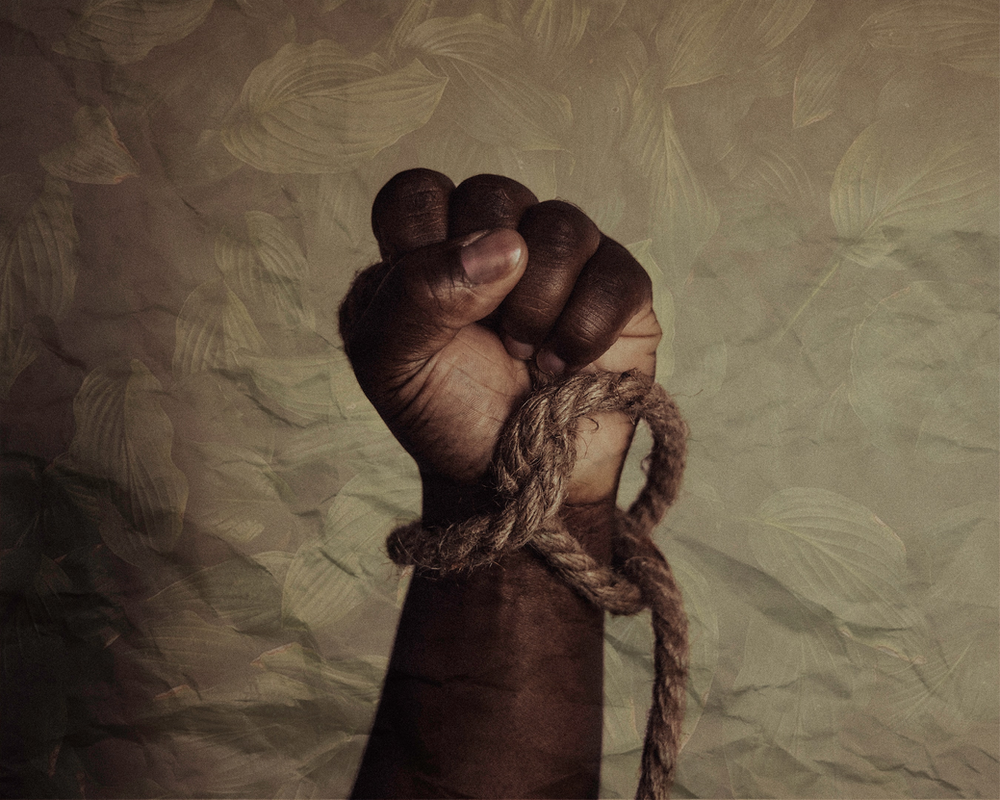What is Juneteenth? The Importance of Juneteenth and Comparisons to the Caribbean (2022)
Updated June 2022

By Melissa D. Goolsarran Ramnauth, Esq.
June 19, 1865 is celebrated as “Juneteenth,” the day that the enslaved African Americans in Texas found out that they were freed per the Emancipation Proclamation of 1863. As we honor Juneteenth, we should take note that both slavery and indentured servitude ended over 100 years ago but the descendants of the enslaved and indentured servants have continued to overcome obstacles and oppression.
In the United States, the end of slavery did not mean equal rights for African Americans. The Southern states quickly passed segregation and “Jim Crow” laws to keep the former enslaved Africans and later generations uneducated, imprisoned, and disenfranchised. This resulted in a series of violent interactions between blacks and whites.
The Tulsa Massacre was one of the most violent incidents of black oppression. In 1921, a black male shoe-shiner, Dick Rowland, encountered a white woman in an elevator. The details of their interaction are unconfirmed but word spread that Rowland assaulted the woman and he was arrested. A white mob immediately formed outside the courthouse to lynch Rowland without proof of an assault or a trial conviction. Black supporters tried to come to his aid and gunshots were exchanged between the black and white groups. Some of the whites died in the shooting. The white rioters then ravaged the prosperous neighborhood by murdering approximately 300 residents, and burning and looting stores and homes. The estimated property damage was the equivalent to over $32 million. The once thriving city never recovered.
Nearly 100 years after the Tulsa Massacre and race is still a major divide in the United States. On May 25, 2020, George Floyd was killed when a police officer kneeled on his neck for over 8 minutes. The brutal killing sparked a Black Lives Matter revolution. Protestors from all over the world championed human rights for blacks and set off a chain reaction of reforms.
The Caribbean, like the United States, is filled with a history of rebellion and strikes against oppression.
Enslaved persons in the Caribbean revolted against their local masters on several notable occasions. For example, Cuffy was a Guyanese man from West Africa and forced to labour in Berbice. On February 23, 1763, there was an uprising in a nearby plantation. The uprising gained momentum and spread to several plantations. Cuffy became the leader of the rebels and led a revolt that lasted several months. It is remarkable that Cuffy and his runaways were able to resist capture and hold their ground for such an extended time against the Dutch soldiers (which outnumbered the rebels) and the soldiers’ artillery.
In Trinidad, formerly enslaved Africans clashed with the police when the latter attempted to ban the Carnival pre-cursor “Canboulay.” Trinidad Carnival and Canboulay originated as emancipation celebrations. The British disapproved of the bacchanalian overtones and violence ensued between the Africans and the British. The Africans ultimately prevailed and Canboulay was preserved as part of Carnival’s celebrations.
Indian indentured servants and their descendants also participated in riots and strikes against the British. For instance, on June 16, 1948, hundreds of sugar cane workers in Guyana protested the assembly line process, wages, and living conditions. Some protestors threw bricks at the police who then returned fire. Five protestors were killed and later became known as the Enmore Martyrs.
2020 was significant for Juneteenth celebrations because the holiday is garnering widespread recognition for the first time because of the Black Lives Matter protests around the world.
2021 was also significant because the United States government formally recognized the date as a federal holiday for the first time.
In sum, Juneteenth highlights that unified resistance to champion human rights was, and should be, a shared cause.
Melissa D. Goolsarran Ramnauth, Esq. is a trademark and business attorney who helps people and businesses throughout the world. She writes articles on the importance of trademarks, and also West Indian history, oil, and business law.